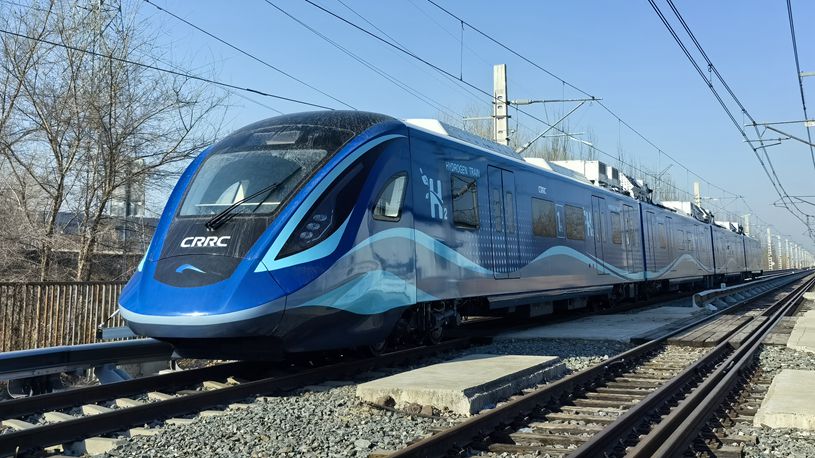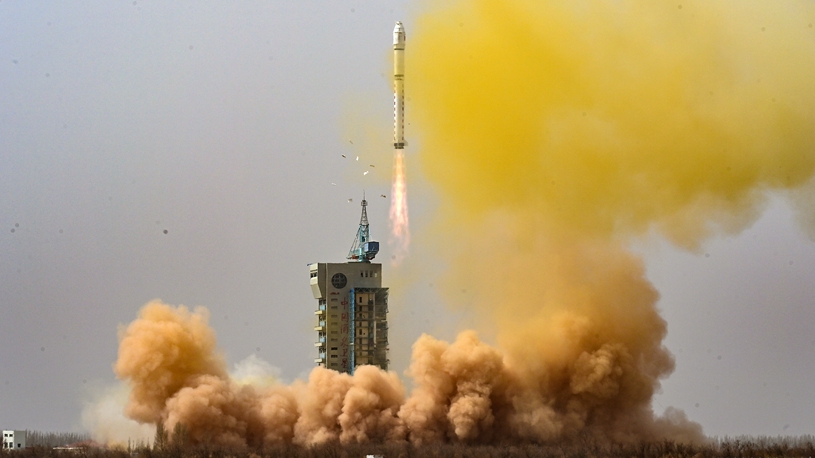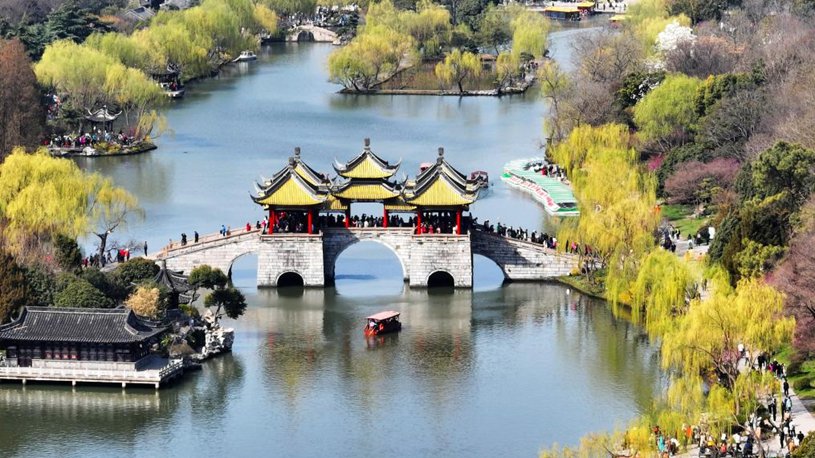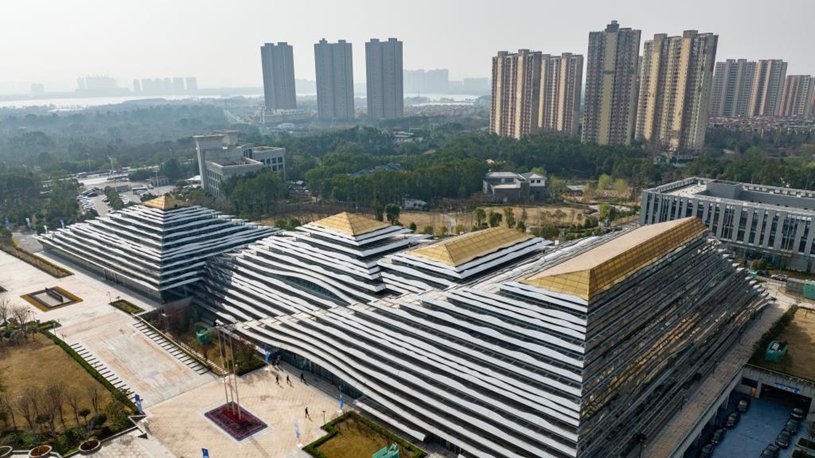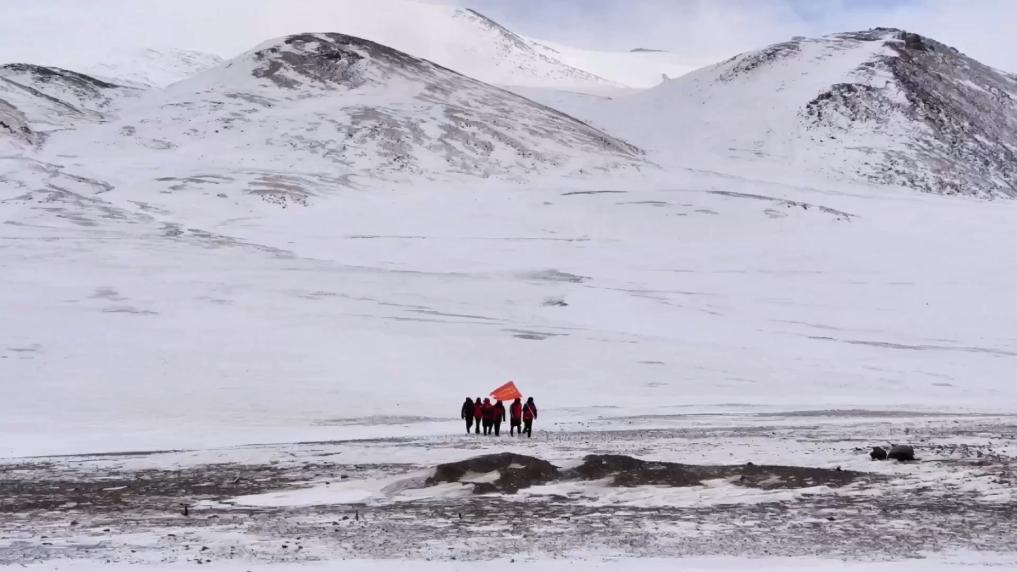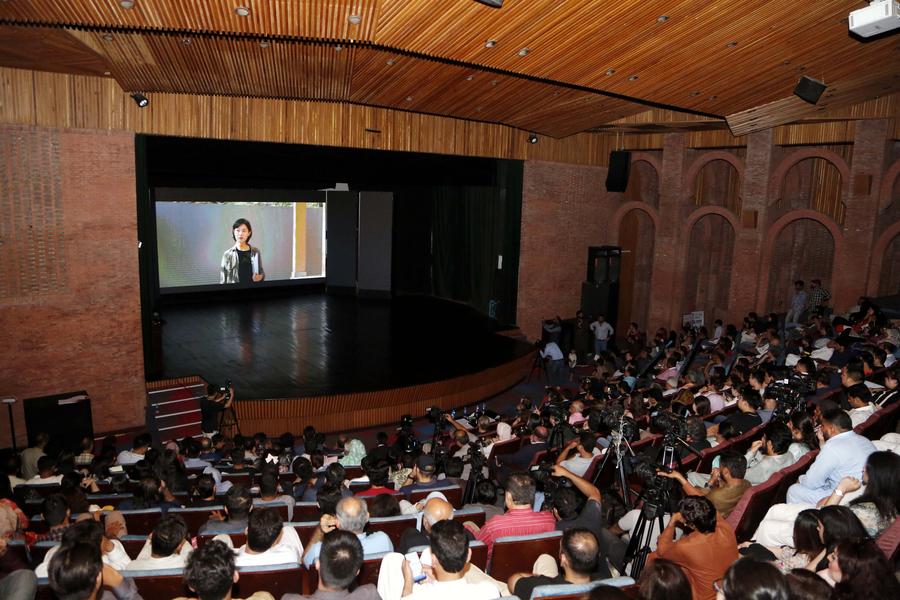
BEIJING, March 22 (Xinhua) -- Since the 1970s, six of Ammar Muhammad's family members have studied at the Beijing Institute of Technology of China. Nowadays, the 37-year-old Pakistani remains engaged in the education sector, particularly in promoting bilateral exchanges.
"Our family gatherings resemble alumni reunions of Beijing Institute of Technology," he said.
Ammar Muhammad's family connection with China began with a magazine. Decades ago, his grandfather picked up a copy of China Pictorial, which was distributed by the Chinese Embassy in Pakistan, and brought it home.
The magazine series exposed Ammar Muhammad's father, Ikram Ul Haq, to Chinese architecture and construction, opera, martial arts and films.
Ammar Muhammad recalled that his father had observed the passion and efforts of the Chinese people in building their nation. "My father said Pakistanis also aspired to develop their nation, so he wanted to go to China and take a look," he said.
After learning about an opportunity to study in China, Ikram Ul Haq, driven by curiosity and affinity, submitted an application and began his studies in Beijing in the 1970s. Ammar Muhammad said his father had not only seen China, but also accessed Chinese wisdom such as "linking theory with practice," and was optimistic about China's future.
"My father would often tell us about his time in China, which naturally led us to consider studying there," said Ammar Muhammad, adding that both and his two sisters had studied in China.
Currently, Ammar Muhammad serves as secretary general of a China-Pakistan industry and education cooperation alliance. He said the organization has introduced more than 200 technical and vocational education and training disciplines of China into Pakistan, benefitting over 10,000 Pakistani young people every year, and has facilitated Chinese enterprises' investment in Pakistan.
In Ammar Muhammad's eyes, over 2,000 years ago, China and Pakistan established friendship through the ancient Silk Road, while nowadays the Belt and Road Initiative (BRI) serves as a bridge to strengthen closer people-to-people ties and economic cooperation among partner countries.
"BRI has opened a door for more young Pakistani people," he said.
This year, Ammar Muhammad will go to Xinjiang Uygur Autonomous Region in northwest China, to participate in a series of short video creation and communication activities.
"I have been to Xinjiang before and was impressed," he said, adding that he is looking forward to the upcoming journey. "Xinjiang is geographically close to Pakistan, and has beautiful scenery, rich products and modernized infrastructure."
"Multiple cultures blend with each other and multi-ethnic groups coexist harmoniously in Xinjiang," he said.
According to Ammar Muhammad, Xinjiang's open, safe and civilized society offers a Chinese approach to achieving modernization in regions with diverse ethnic groups and religions.
"I encourage friends from all over the world to visit Xinjiang and experience it firsthand," he said. ■

